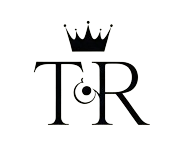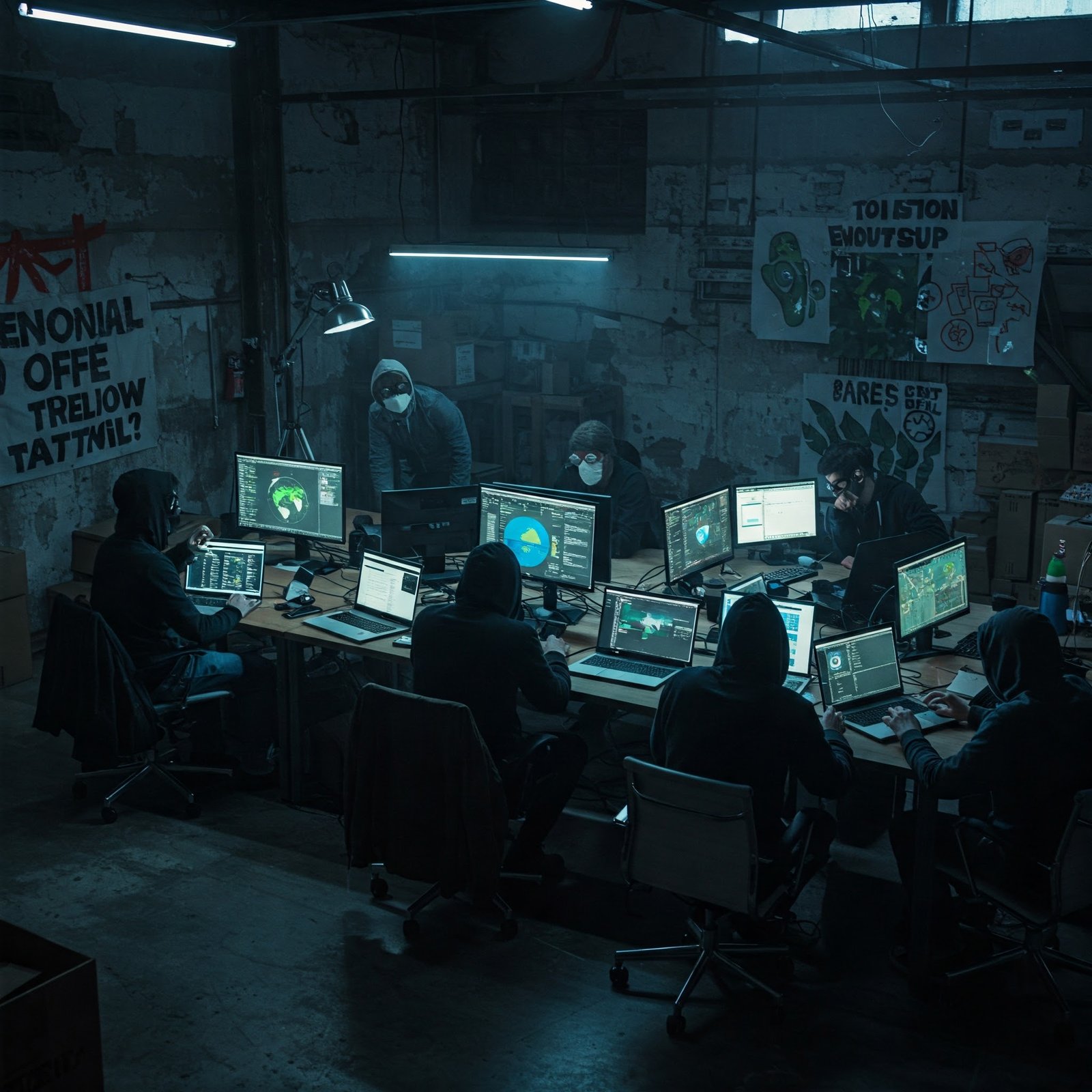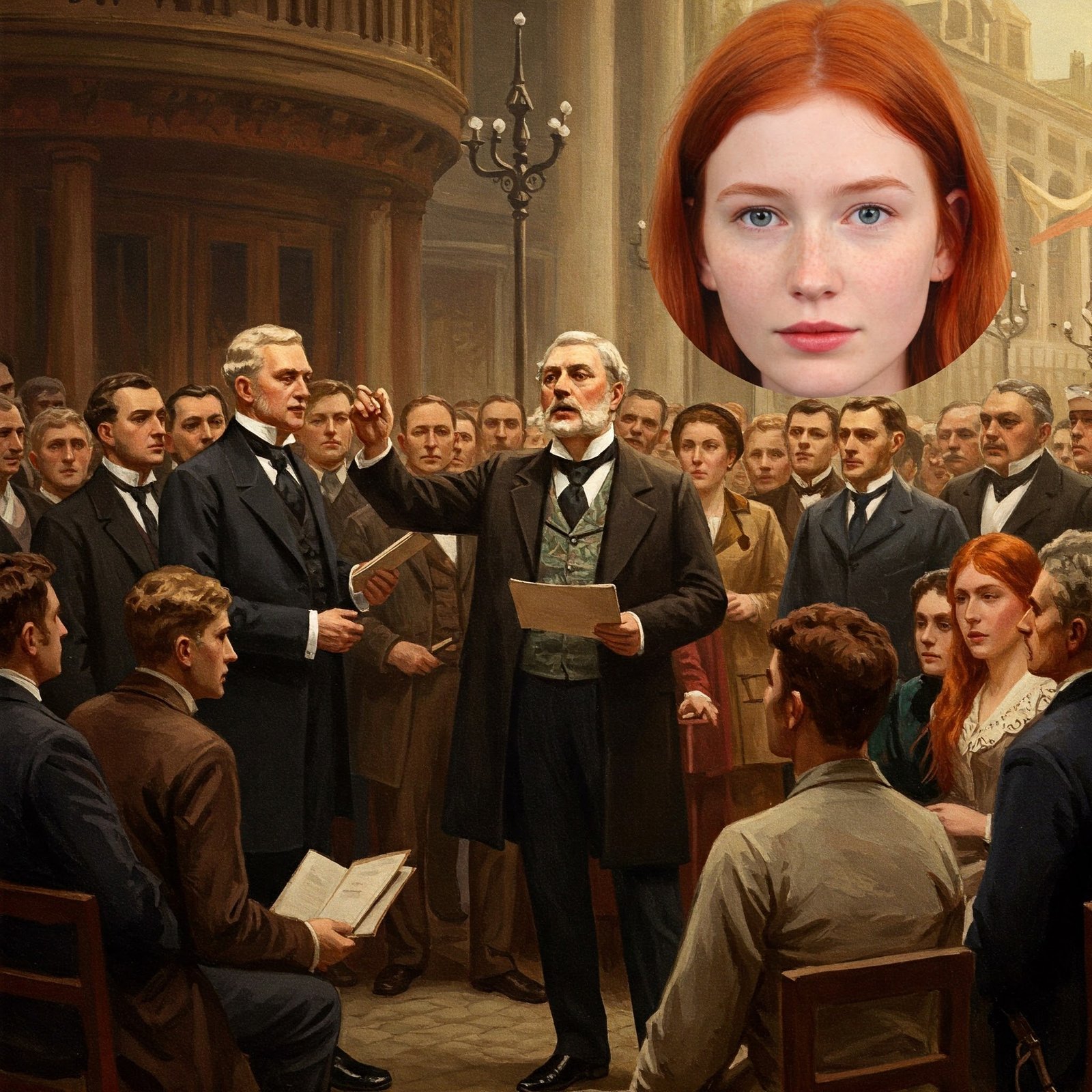“How AI Is Deciphering Lost Ancient Languages – The Tech and Funding Behind It”

The Lost Voices of History – Now Speaking Again
Imagine a world where forgotten languages—once buried under centuries of dust—suddenly come alive. Where ancient merchants, poets, and kings whisper their secrets again. Thanks to artificial intelligence, this isn’t just fantasy. AI is cracking codes that once baffled linguists for decades.
But who’s funding this digital resurrection? And why?
The AI Archaeologist: How Machines Decode the Past
For years, decoding lost scripts like Linear B, Etruscan, or Minoan required painstaking manual effort. Then came AI.
Pattern Recognition: AI models analyze thousands of inscriptions, detecting hidden grammatical structures.
Cross-Referencing: By comparing known languages, AI predicts meanings of unknown words.
Neural Networks: Deep learning reconstructs pronunciation, turning symbols into spoken words.
In 2019, an AI deciphered Ugaritic, a 3,500-year-old language, in just hours—a task that took humans years.
Who’s Paying for the Time Machine?
- Tech Giants & Philanthropy
Google, Microsoft, and Meta invest in AI language projects, seeing potential in preserving cultural heritage (and good PR). The Google Ancient Places project, for instance, maps historical texts using AI. - Governments & Universities
The EU and US fund AI archaeology to reclaim lost history. The Rosetta Project (inspired by the famous stone) aims to preserve 1,500 languages digitally. - Private Collectors & Mysterious Backers
Some wealthy antiquities enthusiasts quietly fund AI decryption—possibly for hidden historical insights or even treasure maps buried in texts.
Controversy: Who Owns Rediscovered Knowledge?
When AI unlocks a lost language, who controls it?
Museums & Academics argue translations should be public.
Governments may restrict access for political reasons.
Tech Companies could patent translation methods.
The battle over ancient words is just beginning.
The Future: A Universal Translator for the Past?
Soon, AI might:


But as machines dig deeper into history, one question lingers: Will AI rewrite the past—or just reveal what was always there?
Final Thought
AI isn’t just predicting the future—it’s reclaiming the past. And while the tech evolves, the real mystery remains: Who gets to tell the story?
Would you trust an AI to rewrite history?




 | Your Climate Hacktivism Guide
| Your Climate Hacktivism Guide





 | Engaging History Lessons
| Engaging History Lessons